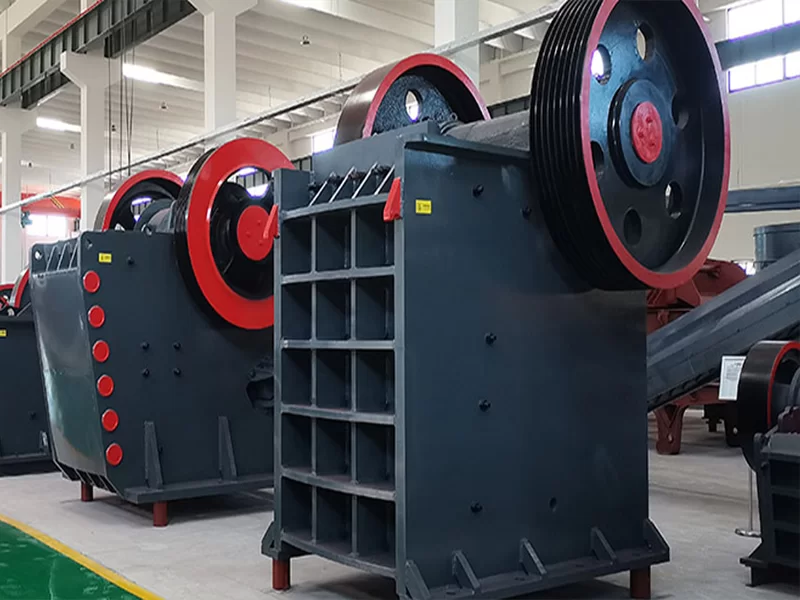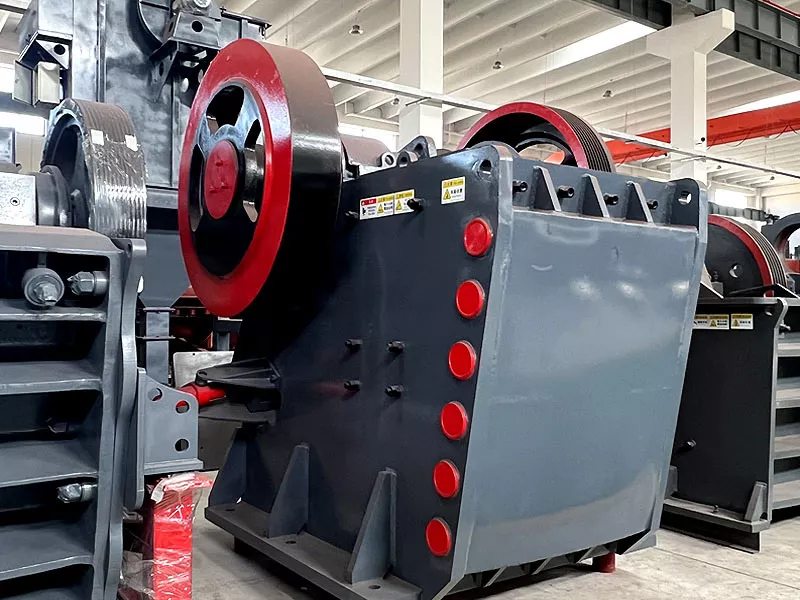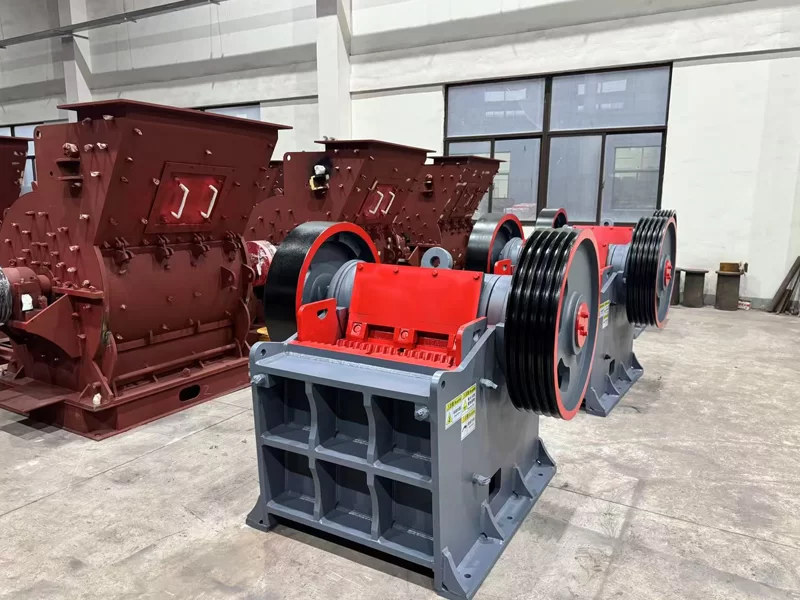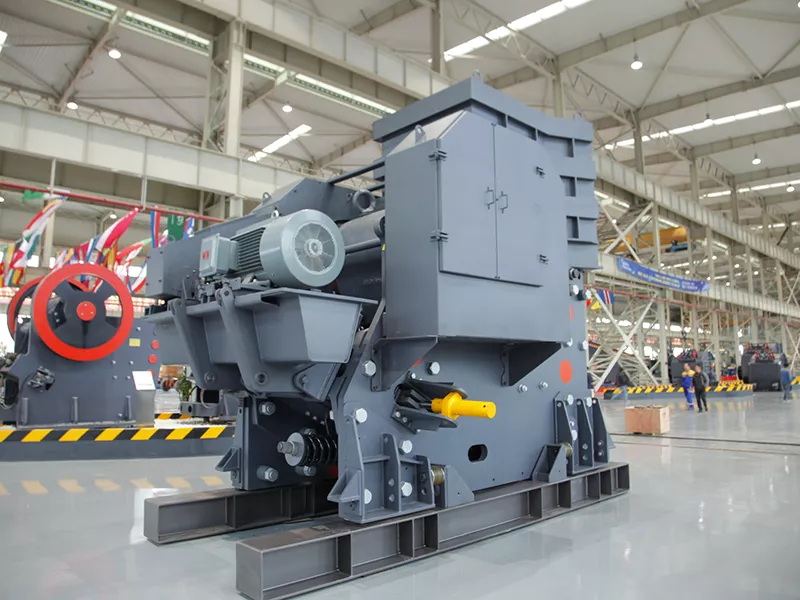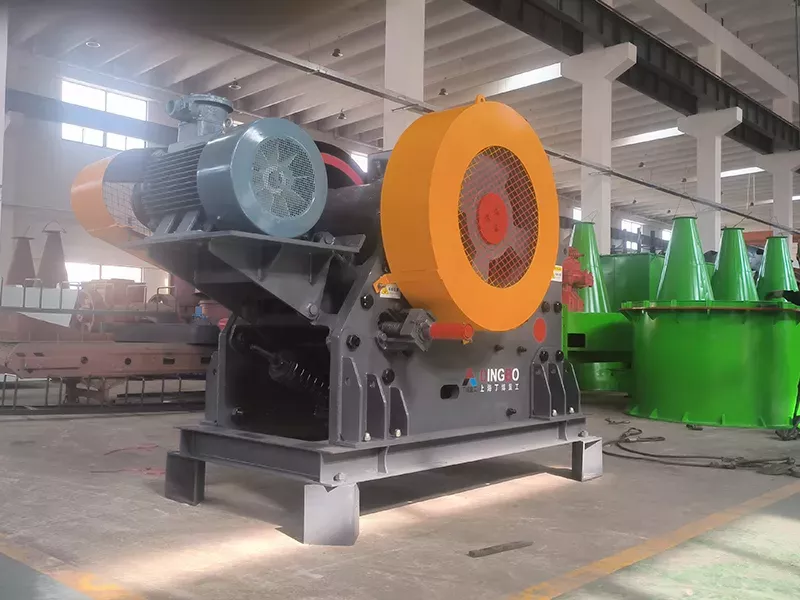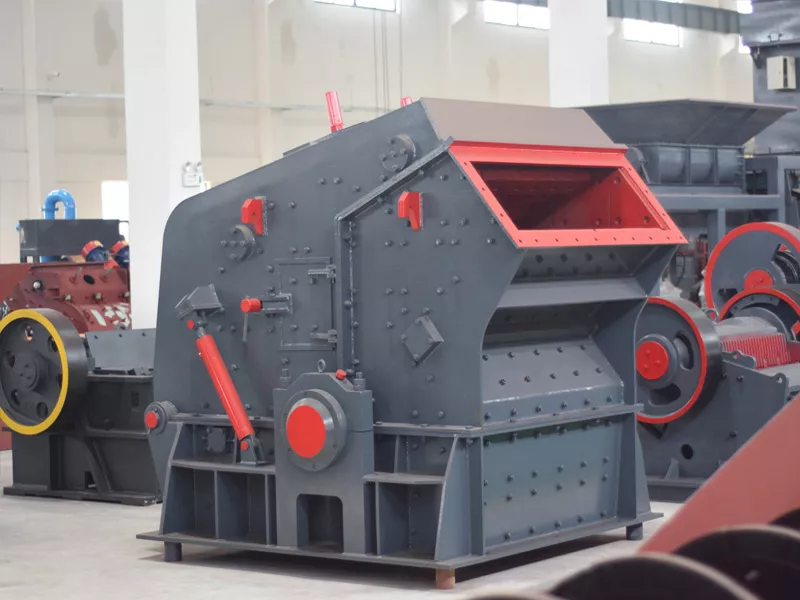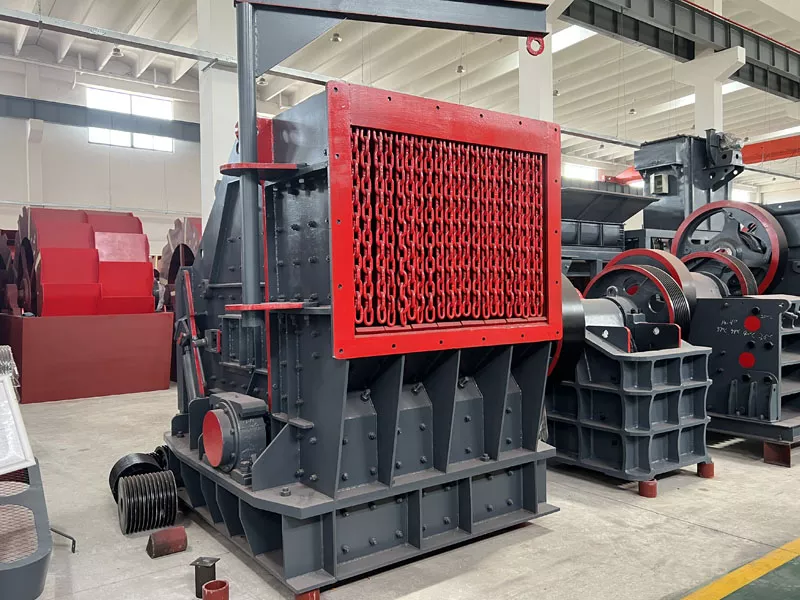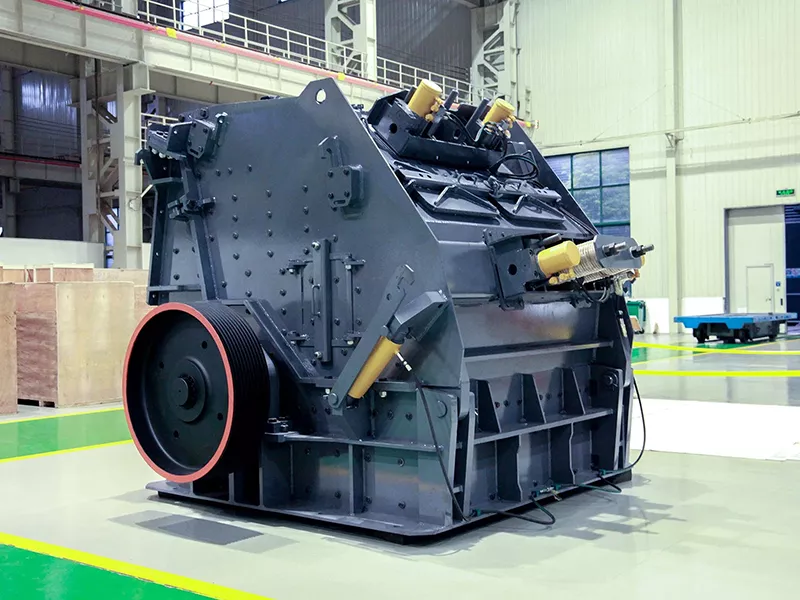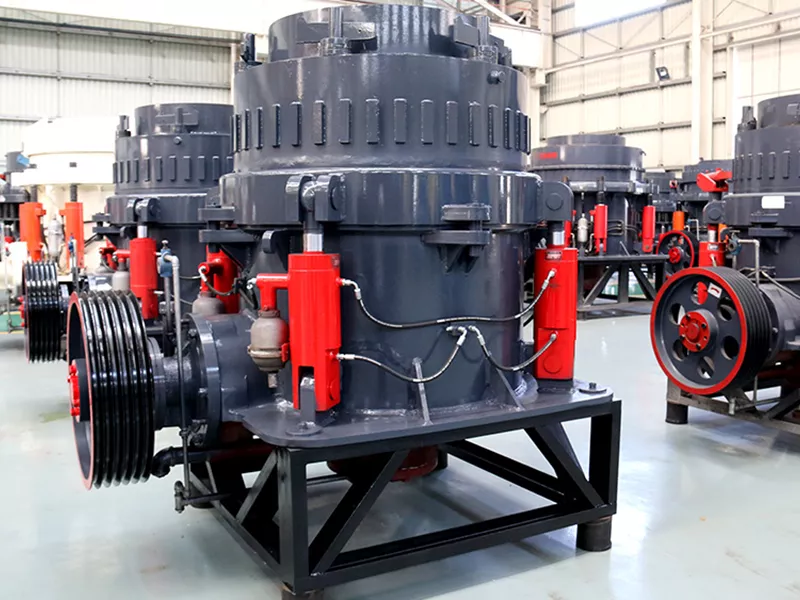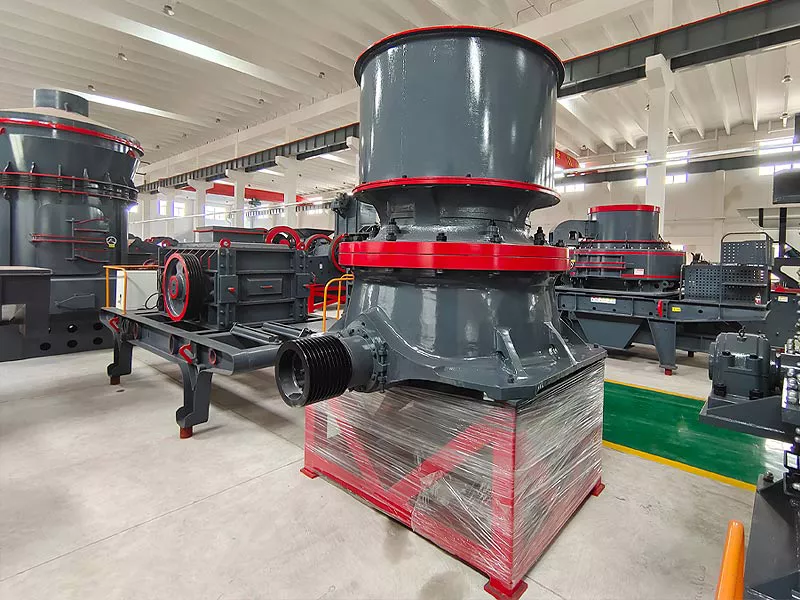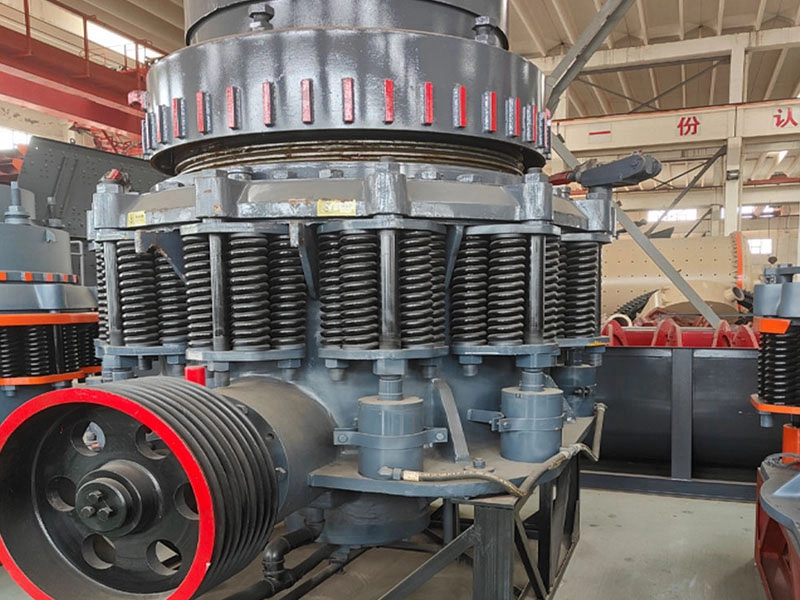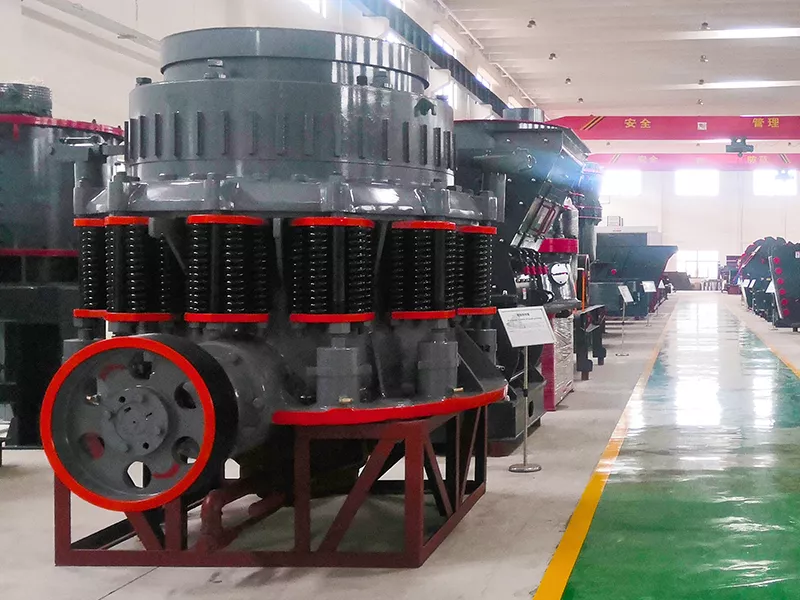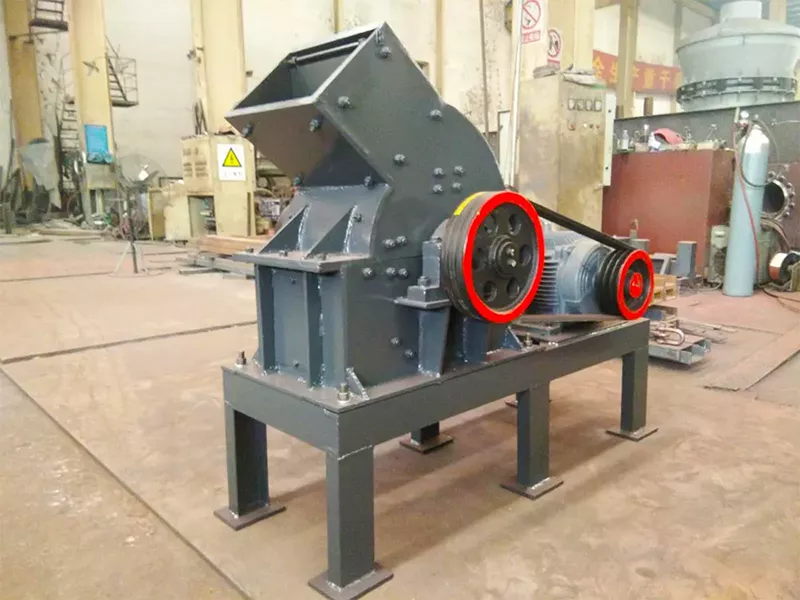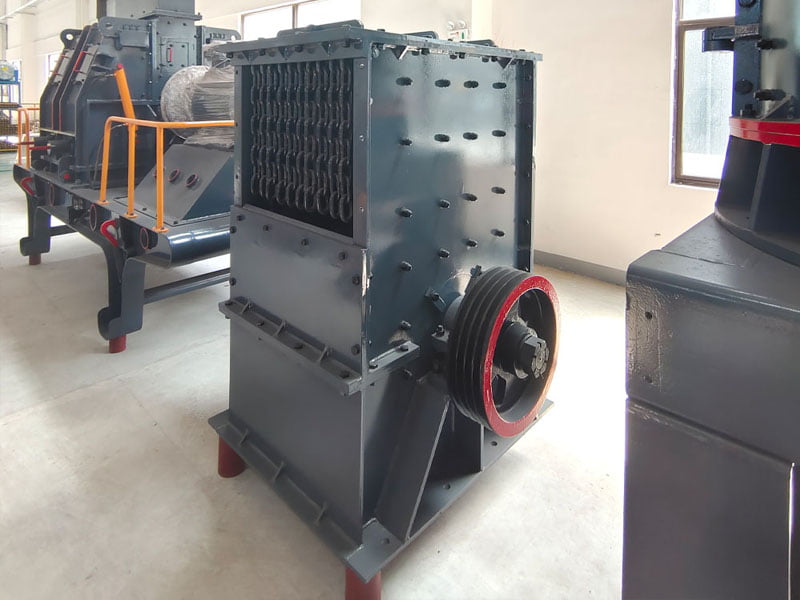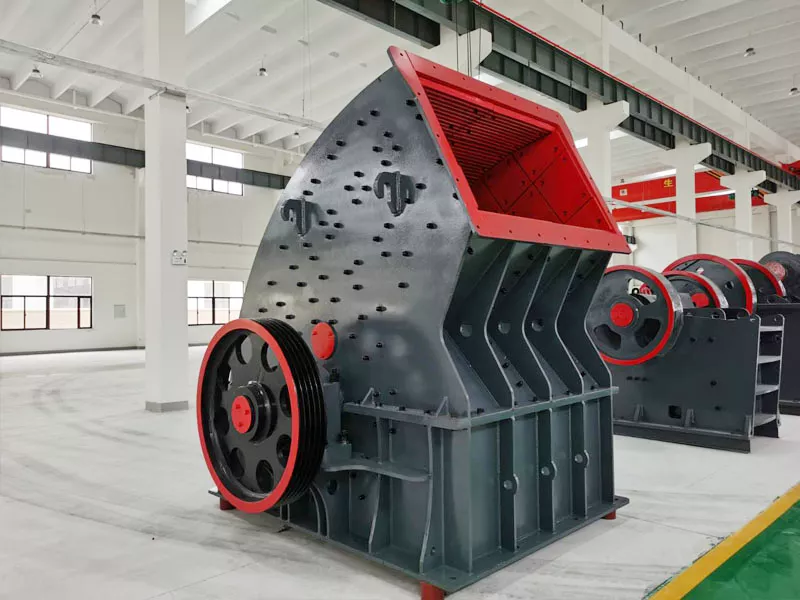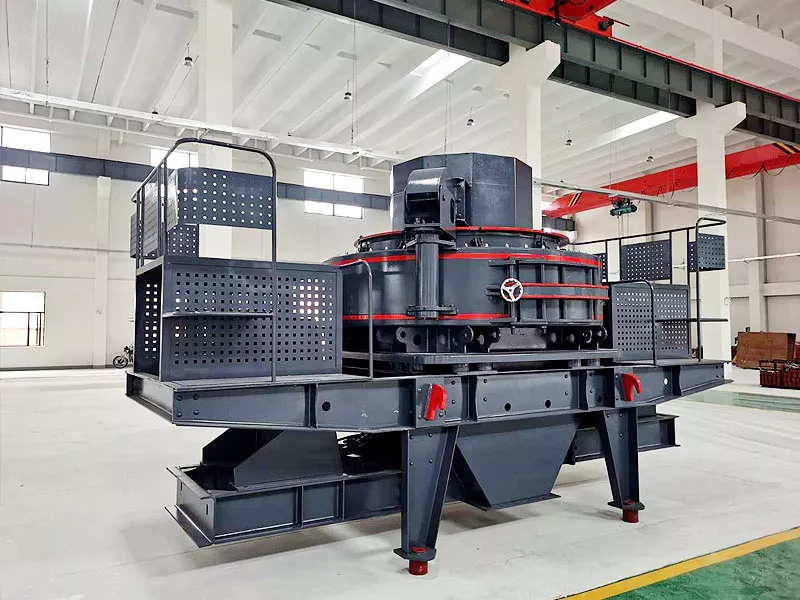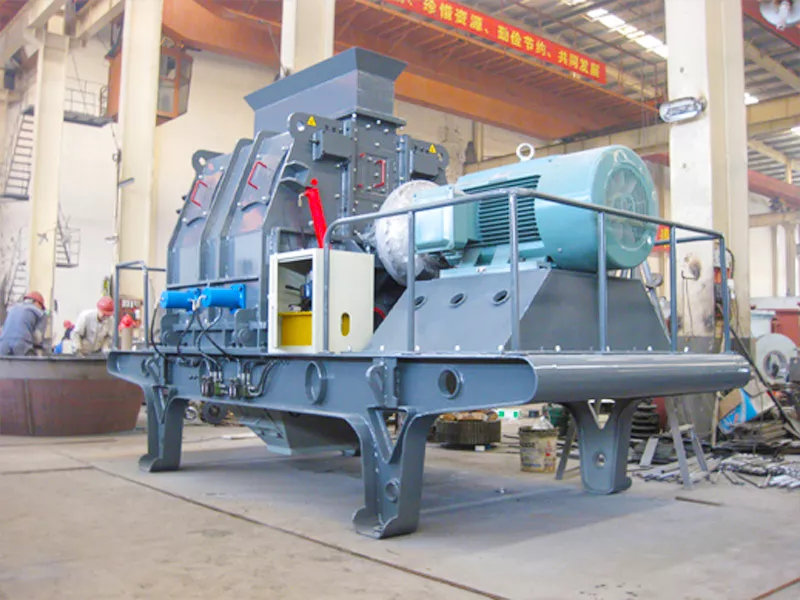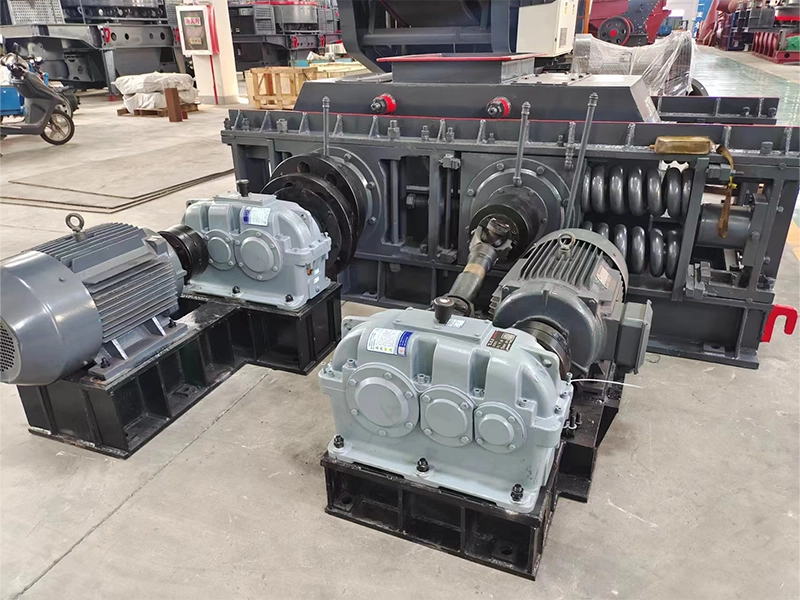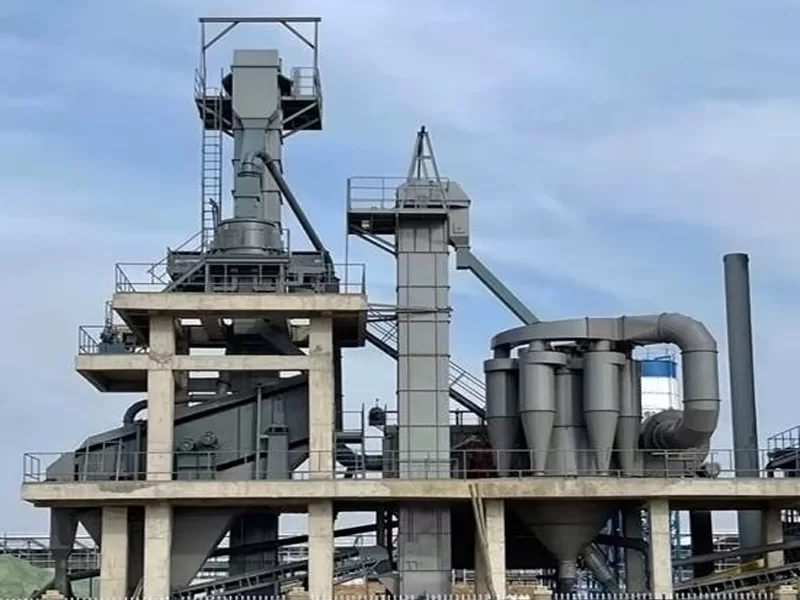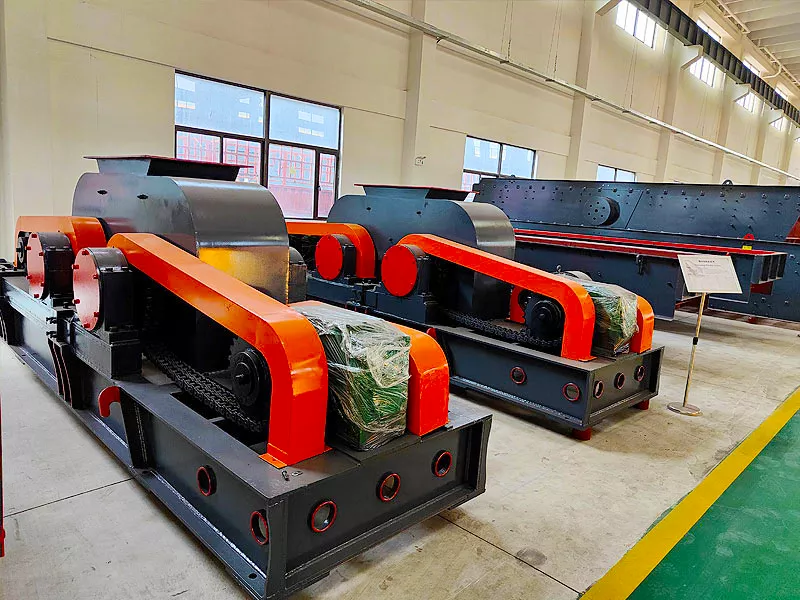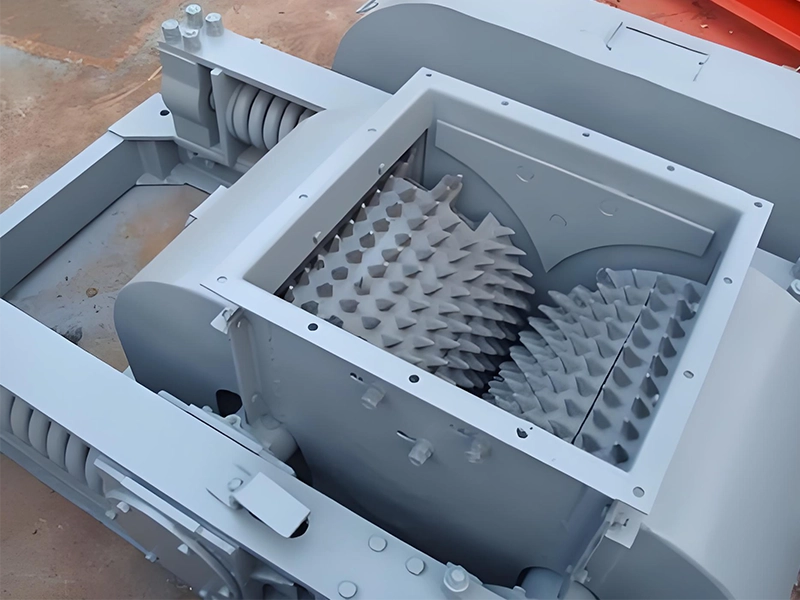Stationary Crushers
Jaw Crusher
Impact Crusher
Cone Crusher
Hammer Crusher
Sand Maker
Roller Crusher
Solutions
Blog
Professional Services
Request a Quote

This article discusses measures to reduce jaw plate wear in jaw crushers, crucial for mining production lines handling high-hardness materials. Traditionally, jaw plates are made of high manganese steel, leading to high costs and significant wear issues. Research by Heavy Industry has focused on reducing energy consumption and extending jaw plate life. By applying dissipative structure theory and other principles, a critical threshold for damage energy release rate was established. Mathematical models for jaw crushers and motor power were developed and validated through experiments. Stress analysis and optimization using fuzzy stochastic theory and Ansys software led to an improved jaw plate design that reduces stress concentration, extends service life, saved manufacturing materials, and lowered the energy consumption during material crushing. Heavy Industry continues to research these areas to develop more energy-efficient and environmentally friendly jaw crushers.
This article highlights the performance and advantages of sand produced by sand making machines. It emphasizes that manufactured sand is comparable in quality to natural sand and can be tailored in size. Key benefits include controlled composition, adjustable fineness modulus, superior adhesion and compressive strength due to particle shape, and acceptable stone powder content. These advantages address the shortage of natural sand and promote efficient resource utilization.
This article addresses the common issue of bearing damage in circular vibrating screens, a crucial piece of equipment in various industries. Improper bearing selection, incorrect fit tolerances, inadequate lubrication and sealing, and neglecting shaft thermal expansion are identified as key causes. Solutions include choosing the right bearing type (cylindrical or spherical roller bearings), ensuring proper fit tolerances, adopting thin oil lubrication systems, and designing for shaft thermal expansion. These measures can significantly reduce the risk of bearing failure and extend the equipment’s lifespan. For further assistance, consulting with experts like those at Dingbo Heavy Industry is recommended.
This article discusses various types of crushers used in mining machinery, each with unique working principles and applications. The jaw crusher, with its fixed and movable jaw plates, is suitable for breaking large ore or rock into smaller particles and is widely used in mining and construction. The cone crusher uses an eccentric motion to crush materials between two cones. The hammer crusher employs high-speed hammers for impact crushing, while the impact crusher uses rigid plate hammers for breaking materials. The vertical shaft impact crusher, also known as a sand making machine, features a high-speed rotating impeller for producing construction-grade sand. Lastly, the roller crusher uses two rotating rollers to compress and crush materials. These crushers are essential for processing various types and hardnesses of ore and rock in the mining and construction industries.
This article presents a comprehensive configuration plan for a 500 tons-per-hour limestone production line, detailing the essential components and considerations for efficient and environmentally compliant operation. It begins with an overview of limestone’s properties and industrial significance. The core of the article focuses on the equipment layout, including raw material storage, vibrating feeder, primary jaw crusher, impact crushers, vibrating screens, and belt conveyors. It emphasizes the importance of selecting appropriate equipment models to meet the desired production capacity. The article also highlights crucial operational notes, such as re-crushing oversized material, ensuring sufficient storage capacity at the transfer station, and implementing environmental protection measures like system sealing, ventilation, spray systems, and wastewater treatment. This detailed guide provides valuable insights for setting up a high-capacity limestone production line that balances efficiency, product quality, and environmental responsibility.






This website uses cookies
We use cookies to personalise content and ads, to provide social media features and to analyse our traffic. We also share information about your use of our site with our social media, advertising and analytics partners who may combine it with other information that you’ve provided to them or that they’ve collected from your use of their services.
Cookies are small text files that can be used by websites to make a user\'s experience more efficient.
The law states that we can store cookies on your device if they are strictly necessary for the operation of this site. For all other types of cookies we need your permission. This means that cookies which are categorized as necessary, are processed based on GDPR Art. 6 (1) (f). All other cookies, meaning those from the categories preferences and marketing, are processed based on GDPR Art. 6 (1) (a) GDPR.
This site uses different types of cookies. Some cookies are placed by third party services that appear on our pages.
You can at any time change or withdraw your consent from the Cookie Declaration on our website.
Learn more about who we are, how you can contact us and how we process personal data in our Privacy Policy.
Please state your consent ID and date when you contact us regarding your consent.
